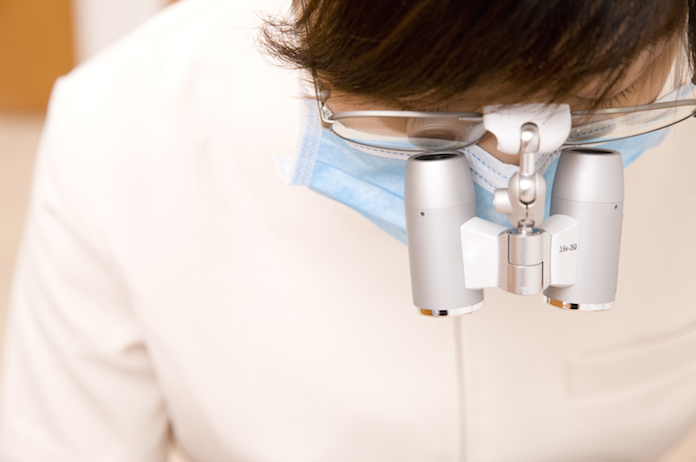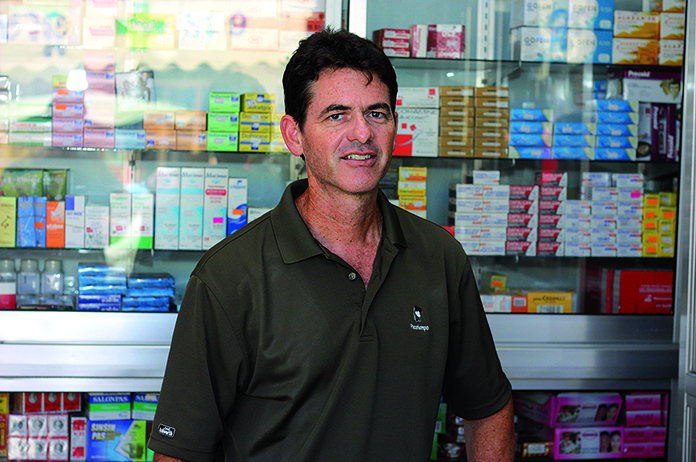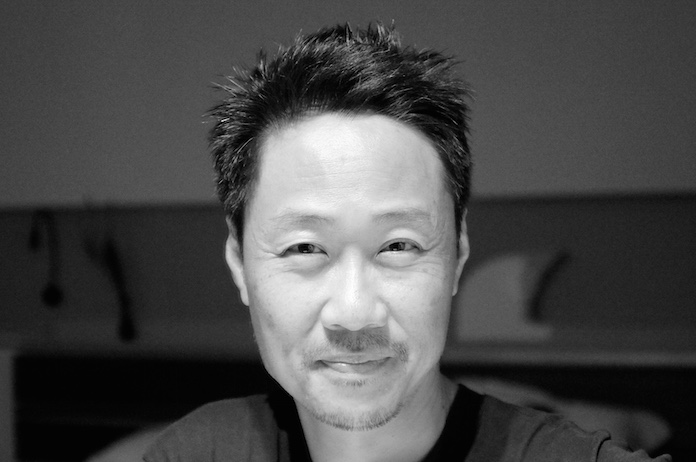Discussing Medical & Pharma Sectors With Industry Experts

Cambodia finds itself in the middle of a transition when it comes to health care. The country is now starting to acquire the capability to handle advanced medical treatment and specialised cases. A number of international-standard hospitals and clinics have opened in the last few years, filling critical gaps in emergency and trauma care, surgery and neurology.
To learn more about the state of affairs in Cambodia’s medical sector, the B2B turns to three professionals of the medical and pharmaceutical field. We discuss diagnosis standards, the newest specialisations available, and the quality of pharmacies in the Kingdom.
B2B: In what areas is the health care practice in Cambodia gaining ground?
Marilyn Bright, Clinic Manager, Raffles Clinic: Cambodia currently has the fastest growing economy in Asia with a rapidly emerging middle class. Those who can afford to be discerning in their quest for a better quality of health are selectively seeking healthcare outside of Cambodia, and these expectations drive the needs at home. Over the past few years, several private hospitals have opened in Phnom Penh.
Firstly, these provide the level of aesthetic accommodation and services that satisfy the emotional requirements of a needed service, and secondly, they provide reasonable and safe standards of medical care. The establishment of these hospitals has resulted in a wider range of surgical products and services being available in the local market. Local doctors who have specialised overseas have returned to Cambodia to practice and are contributing to the growing areas of medical excellence emerging in both public and private sectors.
Chris Hilleary, Managing Director, PharmASEAN: The level of general medical practices has a long way to go, and most serious illnesses or injuries are best treated in places like Bangkok or Ho Chi Minh City. Having said that, general medical care is rapidly improving as evidenced by facilities such as the new Royal Rattanak Hospital near the airport. As more and more foreigners relocate to Cambodia, the demand for western standards of practice increases. As the educational and income levels of Cambodians continue to rise, they also are expecting higher levels of medical care.

Chris Hilleary, from PharmASEAN, believes the level of general medical practice still has a long way to go. Many of the local clinics and hospitals host visiting foreign medical professionals who are available to treat anyone who comes through the doors, including travelers and expats alike. It’s wise to stay abreast via online forums as to where foreign medical providers may be located, as the rotations are always changing. This includes facilities such as the Children’s Surgery Centre, Sihanouk Centre of Hope, Preah Kossamak Hospital and many others.
B2B: What improvements still need to be worked out, and how do you think these could be addressed?
Chris Hilleary: A sustained commitment to improving the standards of education in Cambodia needs to be put into forward motion and not merely addressed by lip service. Values such as honesty, integrity and accountability need to be brought to the educational sector. Otherwise Cambodia’s institutions of higher learning will continue to be unrecognised by the international community, and the level of education received by graduates will be substandard.
Dr. Kee Park, Neurosurgeon, Preah Kossamak Hospital: One area that requires urgent attention is a system to regulate quality of health care workers. For example, licensing and credentialing of health care workers along with strict enforcement reduce the chance of medical harm. A good example is the HIV outbreak in a village near Battambang last year which was traced to an unlicensed health care worker using improper sterile techniques for injections. The wide availability of unregulated medicine is another area that can be improved for obvious reasons.
B2B: How would you assess current diagnosis standards in the Kingdom?
Dr. Kee Park: A distinction should be made between private vs public facilities where quality and ability are in stark contrast. In the best private facilities, diagnostic capabilities are sufficient for most common conditions. For example, multiple private CT and MRI scanners are available in Phnom Penh although the quality of interpretation and image acquisition can vary widely, again drawing attention to the need for training standards.
Marilyn Bright: Making the correct diagnosis anywhere in the world is a true challenge for health practitioners. The availability of CT scans and MRI facilities in Phnom Penh for both public and private sector patients is a positive indication that the developing healthcare infrastructure is incorporating modern technology in support of a diagnosis determination. Laboratory services are reliable and the tests available, while still relatively limited, are sufficient for basic health management. Cardiac centres that conduct both diagnostic and therapeutic angiography are also available. However, the presence of these technological aids to diagnosis is not a replacement for interpretation of the results by qualified medical practitioners. As the level of medical specialisation increases, so too will the quality of diagnoses!
B2B: What areas of specialisation do you think Cambodia is in great need of and how could this be met?
Dr. Kee Park: The number of specialties with in-country training has increased dramatically recently. Neurosurgery residency started four years ago and plastic surgery started just this year. Understandably, the number of specialists is not enough to support sub-specialisation yet. As previously mentioned, quality and safety need more attention. This can be done by each professional society by implementing minimum training requirements, certification of competency, and sanctions when necessary.
Marilyn Bright: The new generation of expatriates recruited nowadays by the many NGOs in Cambodia is young, academic, single or with a smaller family (if at all), and requires different health needs. Some turn to the internet for self-diagnosis and because of the information that they glean, they seek medical reassurance for their anxiety rather than for their symptoms—so it is unsurprising to note the swing in expectation by the expatriate community to be treated by a specialist for even minor symptoms. Demands for dermatologists, ENT specialists, gynaecologists, pediatricians, ophthalmologists, and orthopedic surgeons are common and it is not unusual to receive a request for a multilingual doctor. The trend in medical practice has changed from the largely family health management of more mature expatriates to lifestyle health management. There are reputable and experienced general practitioners who provide these services competently and who have the medical insight to appropriately refer patients for more specialised management when it is not available locally.

Dr. Kee Park insists that regulating the quality of health care workers is an area that requires urgent attention.
B2B: There remains a clear need for enhanced oversight and regulation of the pharmaceutical industry, how do you think this could be better facilitated?
Chris Hilleary: Oversight of the pharmaceutical sector is governed by the Ministry of Health. They have made monumental gains in reducing the amount of fake medications in the Kingdom, as well as improving the level of service throughout the nation’s pharmacies. However, there is still much work to done. I would suggest the addition of foreign advisors to help establish national guidelines, thus improving current standards in the pharmaceutical sector. Prior to the Khmer Rouge years, Cambodia’s pharmacy sector had a rudimentary yet effective system by which they operated. Unfortunately, that was all lost and the rebuilding has been slow.
Marilyn Bright is the Clinic Manager at Raffles Clinic (previously known as International SOS Clinic). Marilyn has held this position for the past five and a half years. She has experience in both private and public health sectors having worked in South Africa and Saudi Arabia as director of nursing for 27 years, during which time she was the Nursing Consultant for the commissioning of two private hospitals.
Chris Hilleary is the Managing Director of PharmASEAN, an organisation that assists other organisations in their assessment of the pharmaceutical needs of underprivileged populations in ASEAN countries. Hilleary is also the Co-director and CFO of The Assistance Fund of Cambodia, a non-profit charity organisation founded to address AIDS, physical deformities and illiteracy
Dr. Kee B. Park is a Senior Consultant in Neurosurgery at the Preah Kossamak Hospital in Phnom Penh. Prior to moving to Cambodia, Dr. Park served as the Director of Spine Surgery at the Myungsung Christian Medical Centre in Addis Ababa, Ethiopia. This US-trained and board-certified neurosurgeon is affiliated with the Global Surgery and Social Change Program as a Paul Farmer Global Surgery Scholar.